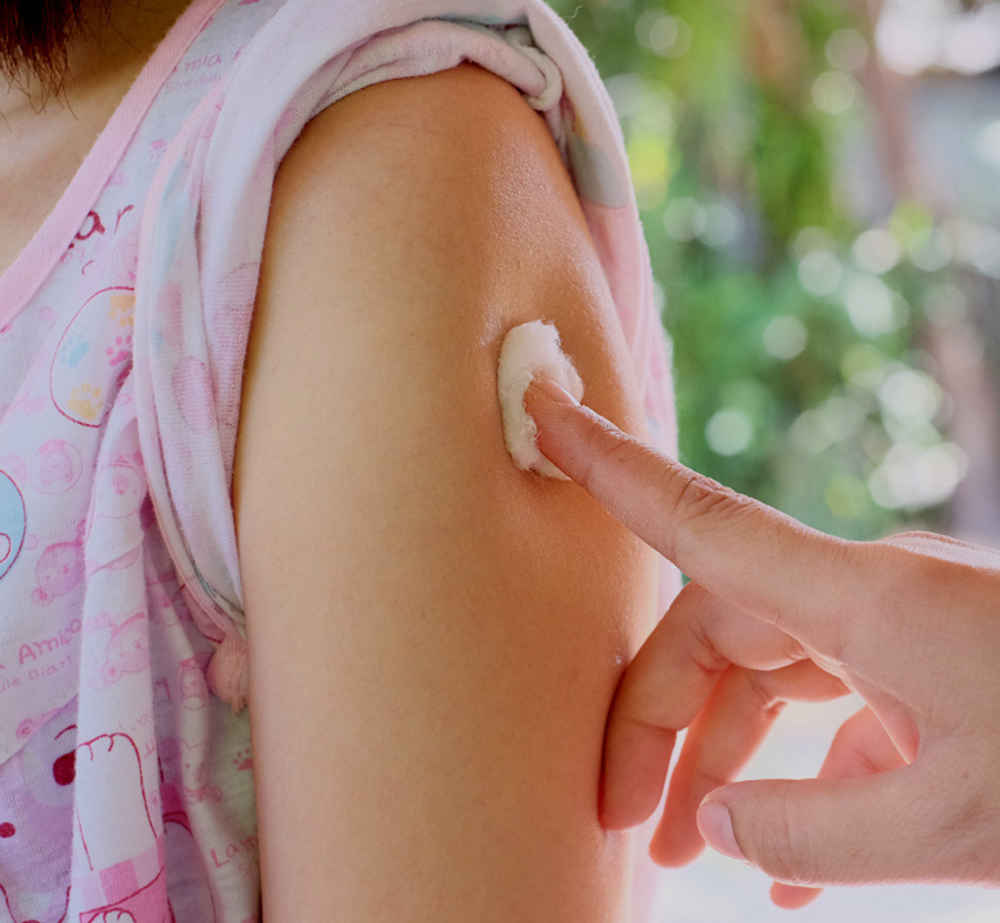410-721-2273
Cough
What is a cough?
A cough is a common symptom of illness. Although coughs often sound bad, keep in mind that coughing is a good reflex that clears out the airways in the lungs and protects your child from getting pneumonia.
Your child may have a dry and hacking type of cough. Or your child may have a wet cough and cough up a lot of mucus. When your child continuously coughs for more than 5 minutes, it is called a coughing spasm.
What is the cause?
Most coughs are caused by a viral infection. An infection of the trachea (windpipe) is called tracheitis. An infection of the bronchi (larger air passages in the lungs) is called bronchitis. Most children get such a viral infection a couple of times a year as part of a cold. These infections are usually not serious but are contagious, so the child should always cover his or her mouth or cough into the inner elbow.
Coughs can also be caused by a bacterial infection known as whooping cough. Other causes of acute (temporary) coughing are allergies, asthma or influenza (flu).
How long does it last?
A dry, tickly cough can last two to three weeks. Sometimes the cough becomes loose (wet) for a few days and your child will cough up a lot of phlegm (mucus). This is usually a sign that the end of the illness is near. A cough that lasts longer than four weeks in children should be further evaluated.
How can I take care of my child?
Medicines to loosen the cough and thin the secretions
Cough drops: Most coughs in children over age 6 years can be controlled by sucking on cough drops. The cough drops coat the irritated throat. If cough drops are not available, you can use hard candy.
Homemade cough syrup: For children over 1 year old use 1/2 to 1 teaspoon of honey. The honey thins the secretions and loosens the cough. A recent study showed it was more effective at reducing coughing than OTC cough syrup containing dextromethorphan (DM).
Warm liquids for coughing spasms: Warm liquids usually relax the airway and loosen up the mucus. Start with warm lemonade, warm apple juice, or warm herbal tea. (Avoid this if your child is less than 4 months old.) Do not add liquor because it may aggravate the cough if your child inhales the fumes of alcohol into his lungs. Also, your child could become intoxicated from an unintentional overdose.
Cough-suppressant medicines
Cough medicines are not as helpful as honey. They should not be given to children under 2 years old because they can cause serious side effects. In general, you should not give these medicines to children. Coughing helps protect the lungs by clearing out germs. If the coughing lasts for more than a couple of days, check with your child's healthcare provider.
Humidifiers
Dry air tends to make coughs worse. Dry coughs can be loosened up by encouraging your child to drink plenty of liquids and by using a humidifier in your child's bedroom.
Exercise
Gym and exercise may trigger coughing spasms when children have bronchitis. If so, they should avoid such physical activity temporarily.
Active and passive smoking
Don't let anyone smoke around your child.
Common mistakes in treating cough
- Antihistamines, decongestants, and fever medicines are found in many cough syrups. There is no proof that these ingredients will help your child's cough, and the antihistamines may make your child sleepy. Expectorants are of unproven value but harmless. Cough and cold medicines should never be given to children under 2 years of age. Stay with the simple home remedies mentioned above or talk with your provider.
- Milk does not need to be eliminated from the diet. Restricting it improves the cough only if your child is allergic to milk.
- Never stop breast-feeding because of a cough.
Call 911
Call our office immediately if:
(410) 721-2273
- Breathing becomes difficult AND is not better after you clear the nose.
- Breathing becomes fast or labored (when your child is not coughing).
- Your child starts acting very sick
Call us during office hours if:
- A fever (over 100°F, or 37.8°C) lasts more than 3 days.
- The cough lasts more than 3 weeks.
- You have other concerns or questions.
You May Also Like
Popular Resources | Make an Appointment • Locations • Refill Prescriptions





